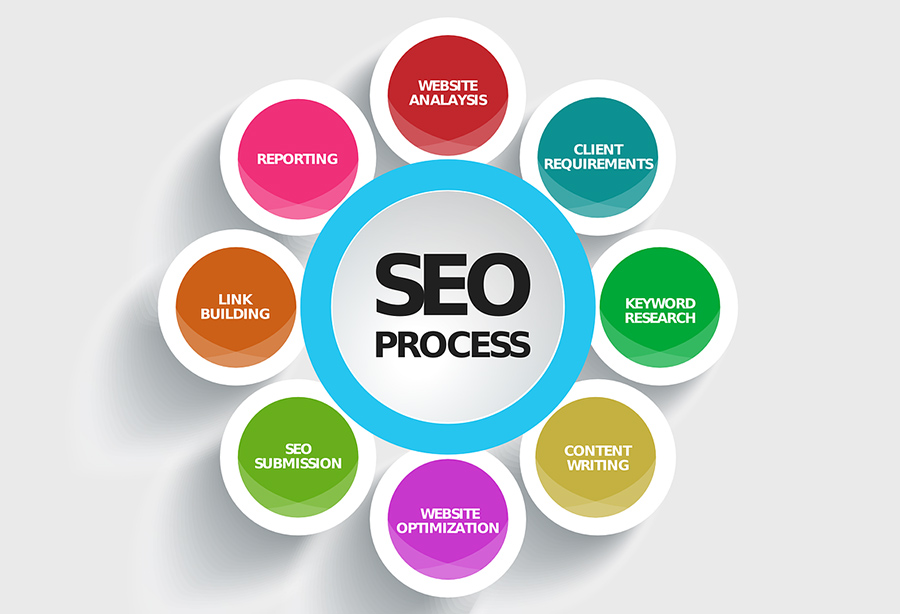Search Engine Optimisation usually referred to as SEO, is a major factor in how successful or unsuccessful a website is. With the help of a great SEO expert, your website can bring in hundreds or even thousands of visitors a day and result in a larger amount of sales. Without a strong SEO plan, though, you may see very little traffic. With bad SEO, you may find your site penalized by search engines. When looking for a good SEO company to partner with, you may want to discuss how that company will handle the different components of SEO.
Content
Today, the popular saying “content is king” couldn’t be truer. Search engines want to see that you’re writing content that will help users, rather than just trying to incorporate a large number of keywords. The content needs to have value to your reader. This is what keeps the reader on your site and, hopefully, leads to convert this person into a paying customer. That’s not to say that keywords aren’t important, but well-written content that does not include keyword stuffing or other frowned-upon SEO techniques is very important.
In addition to text, your site should have strong images, videos, and other content where needed. Remember that search engines cannot actually view these videos or images, though, so you do need text to naturally incorporate keyword phrases.
Behind-the-Scenes Technical SEO
While content is king, the behind-the-scenes technical SEO tags and other information are very important. These meta tags, titles, alt tags, and other pieces of information help search engines determine what your website is about and how it should be categorized. Alt tags, for example, are added to images and help describe what those images are about, while meta tags describe the page itself. Including all of the right tags is vital for a company working on SEO in the UK.
Page by Page Work
Doing SEO for your site’s landing page is a good place to start, but it’s by no means the only page that needs to be optimized. The SEO outsourcing agency you hire to handle your website needs to optimize every page on the site to make certain they all rank well in searches. Keywords vary for each industry, company, and even web page, so finding the correct keywords to use can take time and some experimentation. Each page may need to have different keywords, different tags, and, of course, will need unique content.
Reports and Fine-Tuning
Once your website’s SEO is done, the task isn’t finished. You want to be sure you partner with a business that is going to work with you for months following the launch of your website to make certain the keywords and other SEO strategies implemented are actually working. While doing research into the right keywords to use will get you in the right area, sometimes it takes a few months of gathering live data to determine if those keywords are actually the right ones for your business. A few may need to be replaced or tweaked, then tested again before determining if you’re using the best keywords possible.
